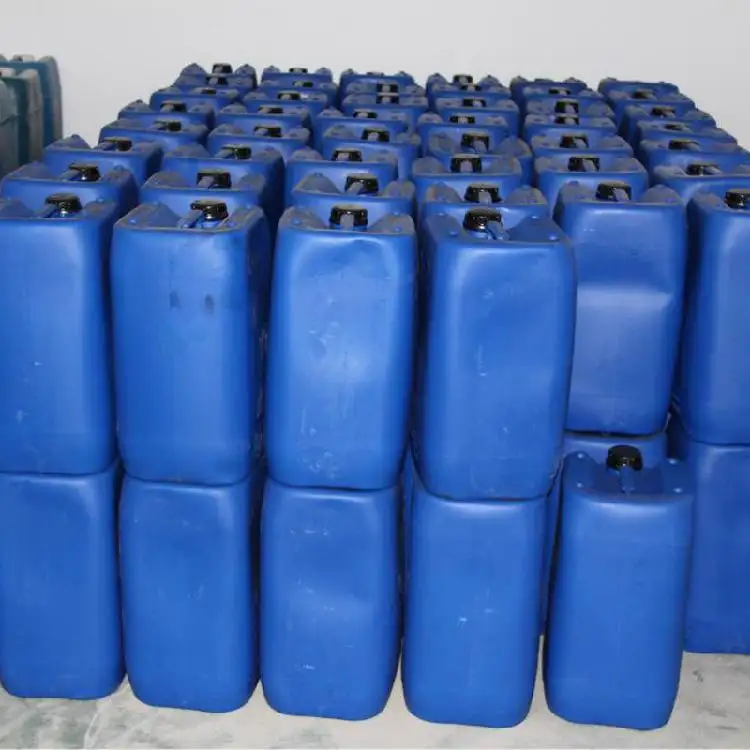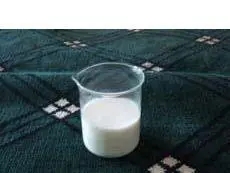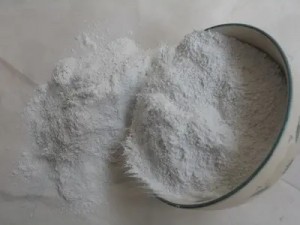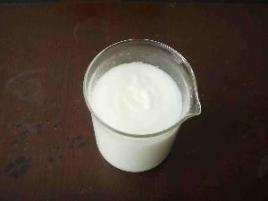Silicone softeners
-

Other Silicone Softeners
Among all kinds of softeners, organosilicon auxiliaries have attracted more and more attention due to their unique surface properties and excellent softness. Most domestic fabrics finished with silicone softener are hydrophobic, which makes the wearer feel stuffy and difficult to wash; The phenomenon of demulsification and oil floating often occurs in many products. The traditional hydrophilic polyether silicone oil has better hydrophilicity and water solubility, but its softness and finishing durability are poor. Therefore, it is of great practical significance to develop a new hydrophilic silicone softener with excellent flexibility and durability.
-

FUZZING AGENTS
This product is a weak cationic surfactant, non-toxic, acid resistant, alkali resistant and hard water. It is used as a raising and buffing agent for cotton, linen, knitted fabrics, polyester and cotton blends. After treatment, the fiber surface is smooth and the fabric is loose. After being brushed by a steel wire raising machine or a sanding roller, the short, even and dense fluff effect can be obtained. It can also be used as a soft finishing for post finishing, which makes the product feel smooth and plump. It is not easy to cause needle holes during sewing.
-

BULKY AGENTS
Make the textile smooth and elastic.
-

SILICONE SOFTENERS
Softener is a compound of organic polysiloxane polymer and polymer, which is suitable for the softness of natural fiber textiles such as cotton, wool, silk, hemp and human hair.
Organosilicon finishing aids are widely used in fabric finishing. The additive can not only deal with natural fiber fabrics, but also deal with polyester, nylon and other synthetic fibers. The treated fabric is wrinkle resistant, stain resistant, anti-static, pilling resistant, plump, soft, elastic and shiny, with a smooth, cool and straight style. Silicone treatment can also improve the strength of the fiber and reduce wear. Silicone softener is a promising softener, and also an important auxiliary to improve product quality and increase product added value in textile printing and dyeing process
-

SILICONE OIL TYPES
It can endow the fabric with good softness and heat resistance. Because of its low degree of polymerization, it cannot be crosslinked, does not react with fibers, and the handle, fastness and elasticity of the finished fabric are not ideal, so it cannot be directly used as a softener. It must be prepared into silicone oil lotion under the action of emulsifier before it can be applied to the fabric to increase washing resistance.

